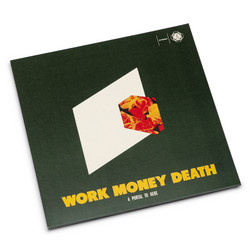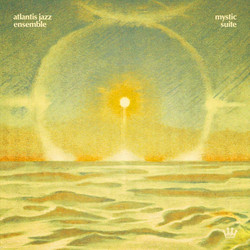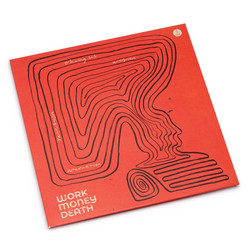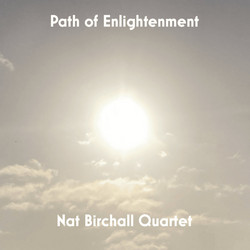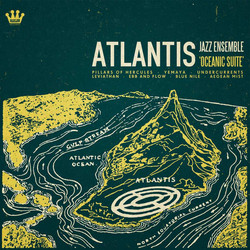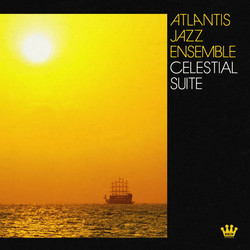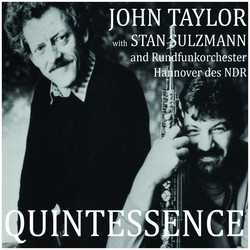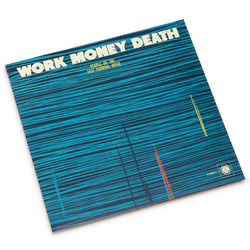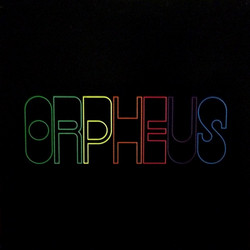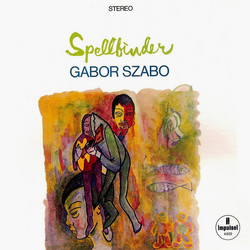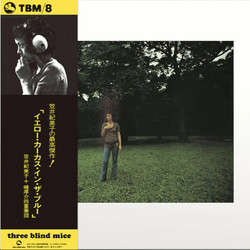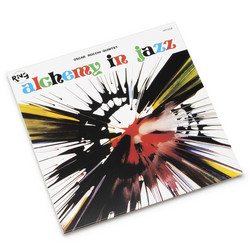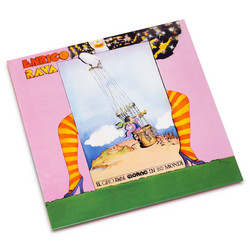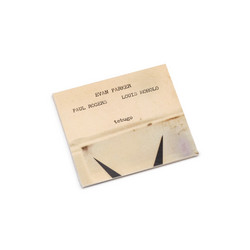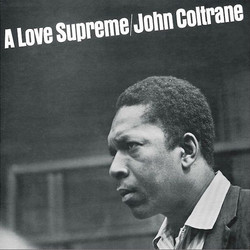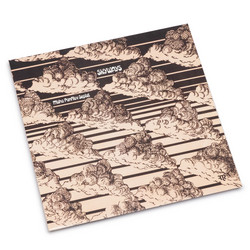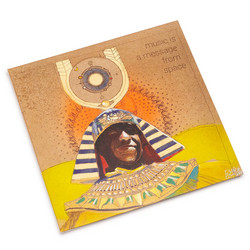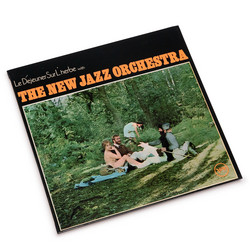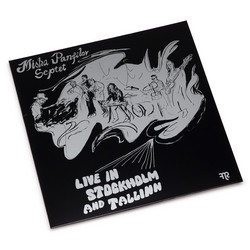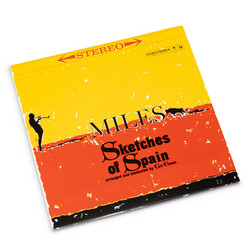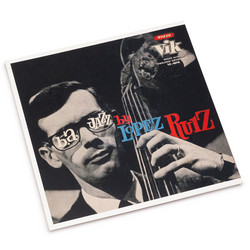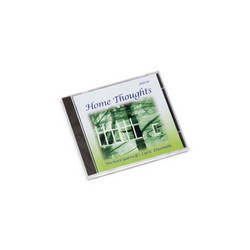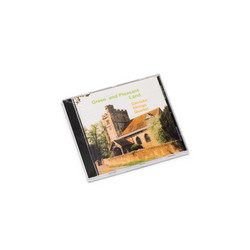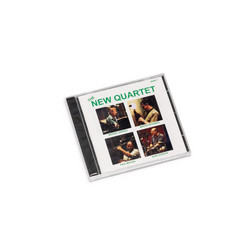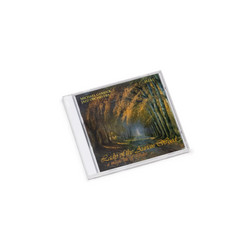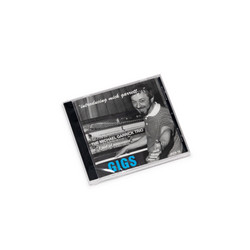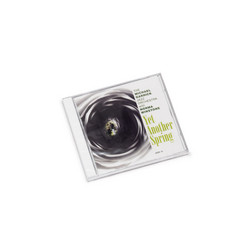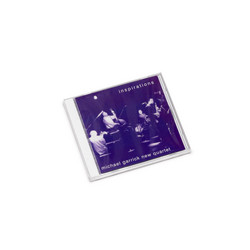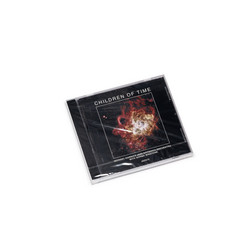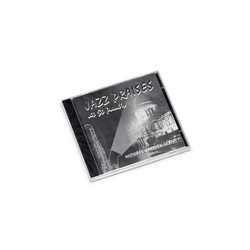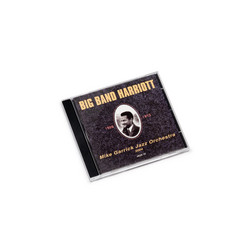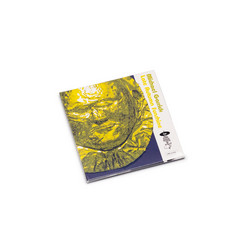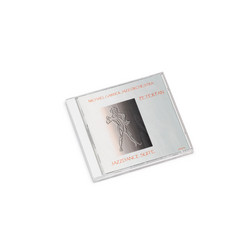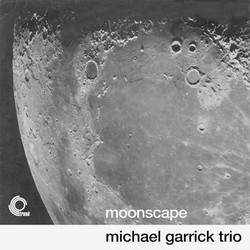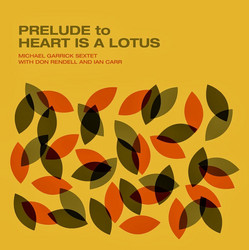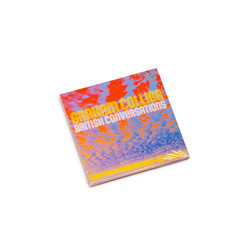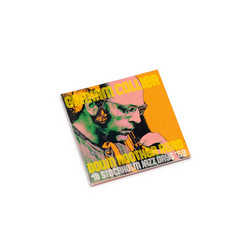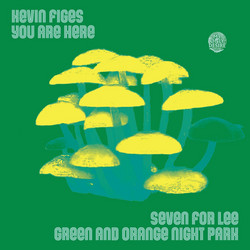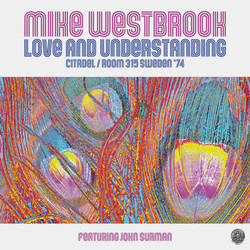Late Autumn Sunshine emerges as both a rediscovery and a quiet triumph within the continuum of British jazz. Compiled and released by My Only Desire Records, the album restores two long-lost BBC Radio sessions recorded at Maida Vale Studios - one from 1973 and one from 1978 - by pianist and composer Michael Garrick, a central figure in a lineage that wove poetry, spirituality, and jazz into distinctly English textures. Garrick, who passed in 2011, was among the first British musicians to bridge the gap between sacred choral writing and improvisation, championing a voice that was at once pastoral and cosmopolitan. Here, his musical universe is restored to vivid focus.
Across these sessions, what surfaces is a sound defined not by flamboyance but by tenderness and poise. Longtime collaborator Norma Winstone lends her translucent, improvisational voice—neither lyric nor instrument, but something shimmering in between - while Henry Lowther’s trumpet and flugelhorn add plaintive lyricism. The ensemble moves through compositions such as “River Running,” “Robin’s Rest,” and “Songs of the Ainur” with quiet surety, evoking shifting light and the melancholy of English landscapes. Garrick’s piano drifts between impressionist harmony and rhythmic clarity, his phrasing shaped by equal parts Bill Evans and Vaughan Williams, yet resolutely his own.
The sessions, meticulously mastered from BBC tapes, offer a time capsule of Garrick’s ensemble writing at its peak. Each piece balances formal grace with exploration—hushed dynamics expand into lyric outbursts, rhythmic patterns restate themselves like meditative chants, and Winstone’s wordless vocalising adds a sense of suspended time. The recordings stand as an antidote to the decibel-heavy excess of modern jazz revivalism, prioritising resonance over spectacle, warmth over precision. Far from a nostalgic reissue, Late Autumn Sunshine restores a missing chapter in the evolving story of UK jazz. It captures the era’s self-contained elegance: that moment when British improvisers began crafting their own identities, drawing from literature, landscape, and chapel harmonies rather than imported idioms. The remaster reveals the spatial dimension of these performances - the interplay of breath, echo, and silence - reminding the listener that Garrick’s pursuit was never of virtuosity but of communion.
Press Quotes:
"A fabulous collection of performances recorded by Garrick for the BBC in 1973 and 1978." - ★★★★ Record Collector
"The album captures Garrick’s inspired compositions." - ★★★★ Shindig!
"The closing title track begins in stately fashion before becoming more animated, introducing Winstone’s vocals and a typically serpentine tenor solo from Tony Coe. It makes a fittingly anthemic finale to a set of stimulating performances." - ★★★★ UK Vibe
"A profoundly satisfying memorial to Garrick’s genius, reminding listeners of his compositional elegance, pianistic grace, and affinity for vocal music...If you’re into jazz, get it while you can: you won’t be disappointed." - ★★★★ Soul and Jazz and Funk
"Late Autumn Sunshine is an absolute gem, a valuable addition to the British jazz maverick’s catalogue. Move fast - the vinyl edition of Late Autumn Sunshine is limited to 600 copies.” - The Arts Desk
"Michael Garrick was undoubtably one of the finest and most original composers in British jazz attracting some of the most adventuress and individual improvisers in Norma Winstone, Henry Lowther, Art Themen and Tony Coe making Late Autum Sunshine an important and unmissable document." - Jazz Views
"The music is, as expected, absolutely Godly, which considering Garrick’s extraordinary songweaving capabilities and the level of the musicians involved, is not surprising." - Adam Baruch: The Soundtrack of My Life
"With wonderous personnel and superlative material the recordings are predictably superb throughout." - The Beat
